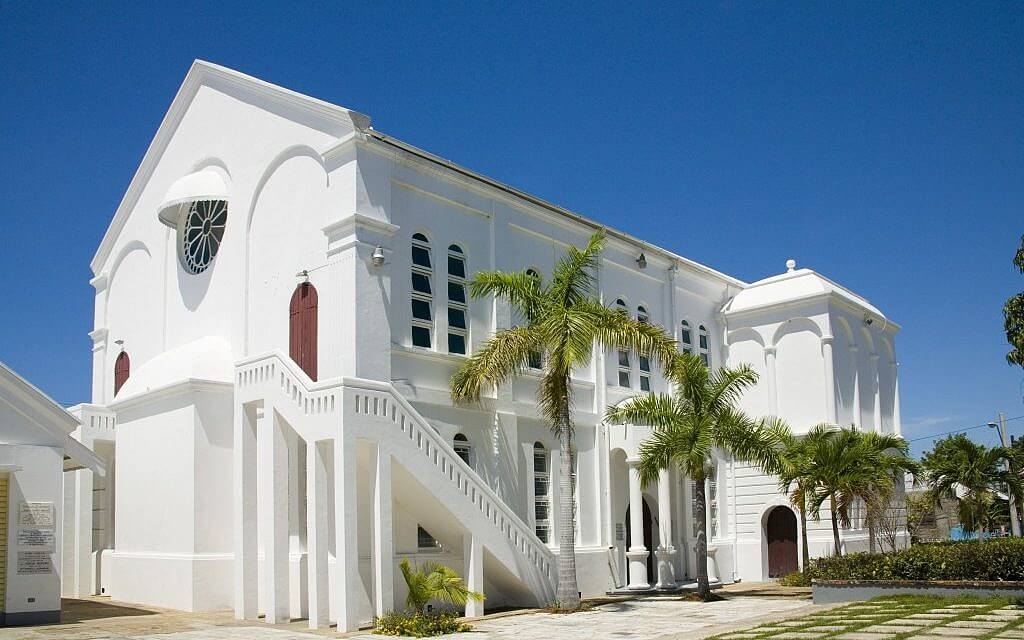
Oct. 13, 2022
TORONTO – A number of Jamaican organizations have made an agreement with B’nai Brith Canada to publicize a little-known chapter of Jewish history in Jamaica.
The Jamaican Canadian Association, the Jamaica Association of Montreal, the Jamaican Cultural Association of Nova Scotia, and the Jamaican Canadian Association of Alberta and B’nai Brith Canada will alert their members and communities to the work of York University historian Diana Cooper-Clark to inform the public about how Jamaica saved Jews fleeing the Holocaust.
Cooper-Clark’s research found that nearly 1,000 Jews from many parts of Europe, particularly the Netherlands, were housed at the Gibraltar refugee camp, near Kingston in Jamaica between 1942 and 1945. At that time, Jamaica was part of the British Empire.
The camp’s location is within the grounds of the University of the West Indies these days. Cooper-Clark’s work has uncovered that the camp had a capacity of 6,000. There is some question as to why British authorities did not use the camps to their full capacity.
“Many people are surprised to learn that Jewish history in Jamaica stretches back to the start of colonial history,” said Mark Henry, President of the Jamaica Association of Montreal. “Jamaica was the first place to allow Jews to vote in the British Empire. It has always provided a sanctuary against antisemitism, and it is no surprise that in 1942 Jamaicans welcomed the Jewish refugees with open arms.”
Henry said there recently was a reunion in Kingston of those who lived in the refugee camp and said the public needs to know more about this little-known chapter of history.
The national director of B’nai Brith Canada’s League for Human Rights agrees with Henry.
“The Gibraltar story is important not only because it broadens our knowledge of the Holocaust but also aids our understanding of enduring warm relations between the Jamaican and Jewish peoples,” Marvin Rotrand said. “Today, there are growing ties between Jamaica and Israel and there are 2,000 persons residing in Jamaica who identify as Jewish.”
Rotrand said Jamaica’s Jewish community is diverse, representing people of various races and reflecting both Sephardic and Ashkenazi Jewish traditions. Rotrand said the Kahal Kadosh Sha’are Shalom synagogue on Duke Street in Kingston dates from 1912 and is noted for its architectural value and can accommodate more than 600 persons for services.
“We are pleased to alert Canadians to Professor Cooper-Clark’s scholarship,” said Olive Phillips, president of the Jamaican Cultural Association of Nova Scotia. “During World War II, Jamaicans served to defend Britain and volunteers in the Caribbean Regiment were stationed in the Middle East, including in Israel, creating a lasting link.”
“Our organization speaks for the Jamaican-Canadian diaspora in Ontario,” said David Betty, president of the Jamaican Canadian Association in Toronto. “But even in our community, this story of compassion is too little known. While the world closed its doors to Jews, Jamaicans were ready to help.”
Dave Pennant of the Jamaican Canadian Association of Alberta said that the public would benefit from knowing more about how Jews during the darkest hours of the Holocaust found sanctuary on a Caribbean island.


